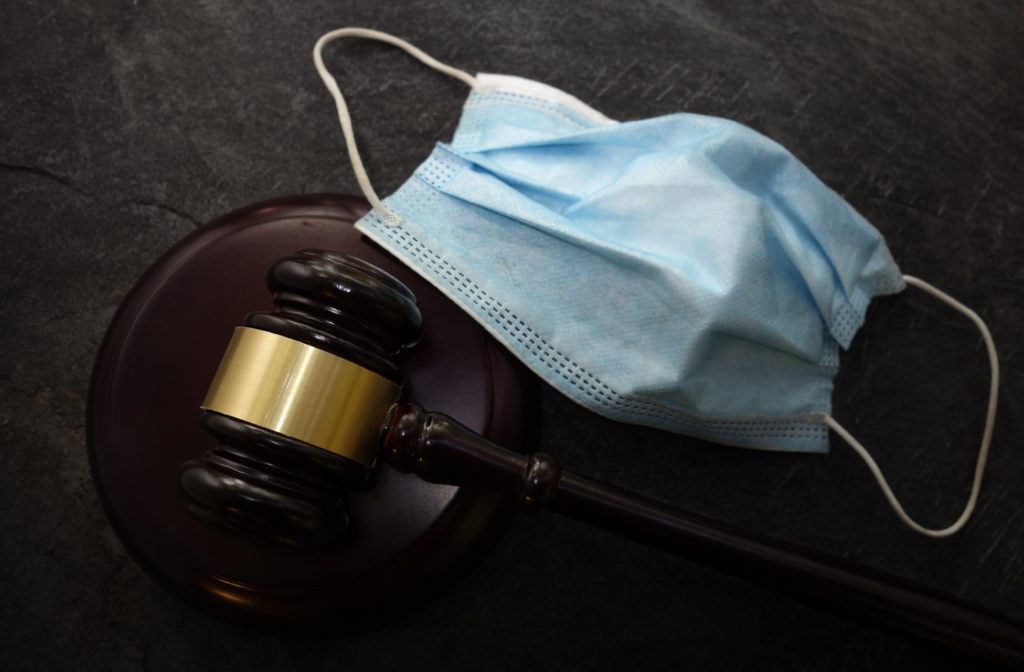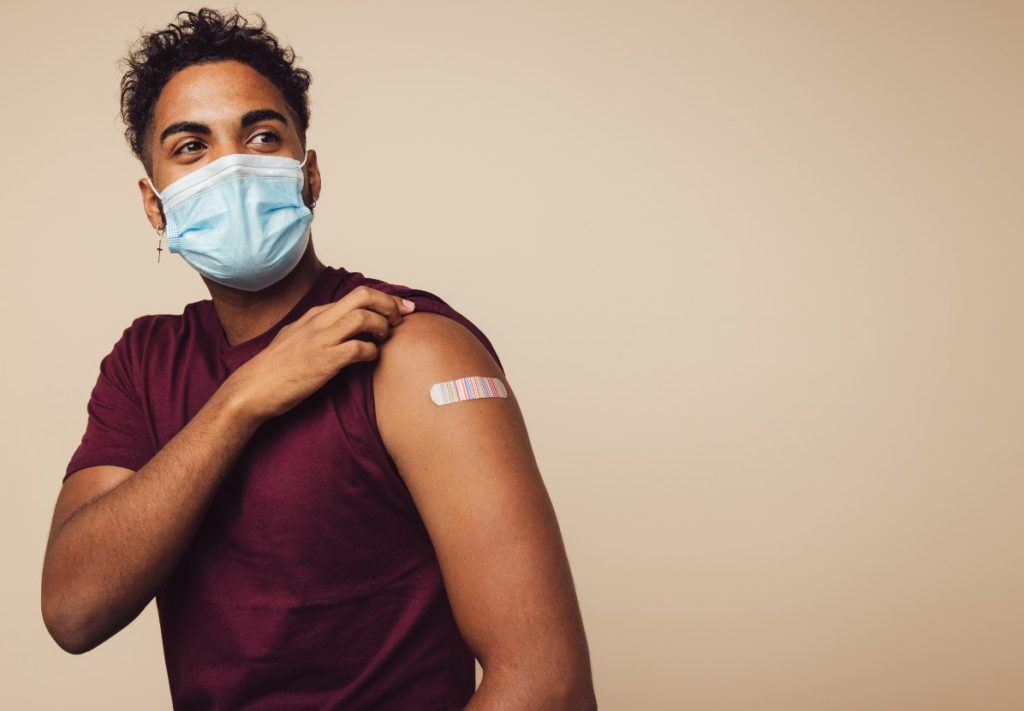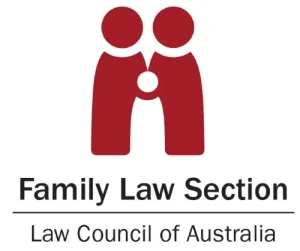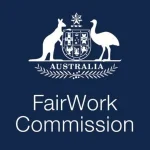The End of COVID Mandates

At 12:25pm on 24 May 2022, the Emergency Management Declaration made pursuant to the Emergency Management Act that allowed South Australia’s Police Commissioner Grant Stevens to impose COVID-19 lockdowns, mask and vaccine mandates has been revoked.
Mandated Vaccinations – are they legal?

The expected rise in COVID-19 transmission means everyone should be aware of their rights and responsibilities when it comes to safety at work and workers compensation.
Property Market Update with Economist Dr Craig Emerson

‘Presuming’ COVID-19 arises from work












